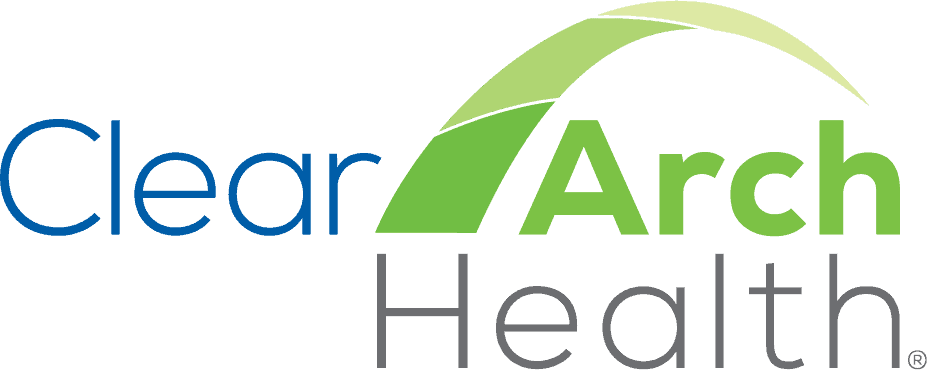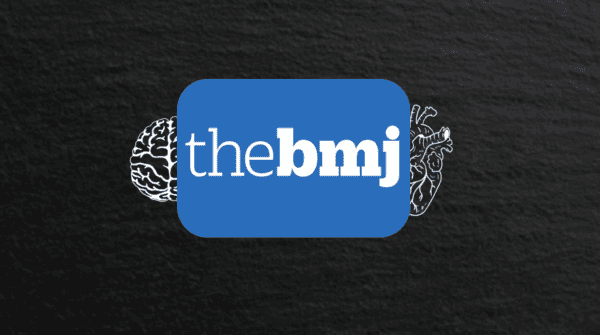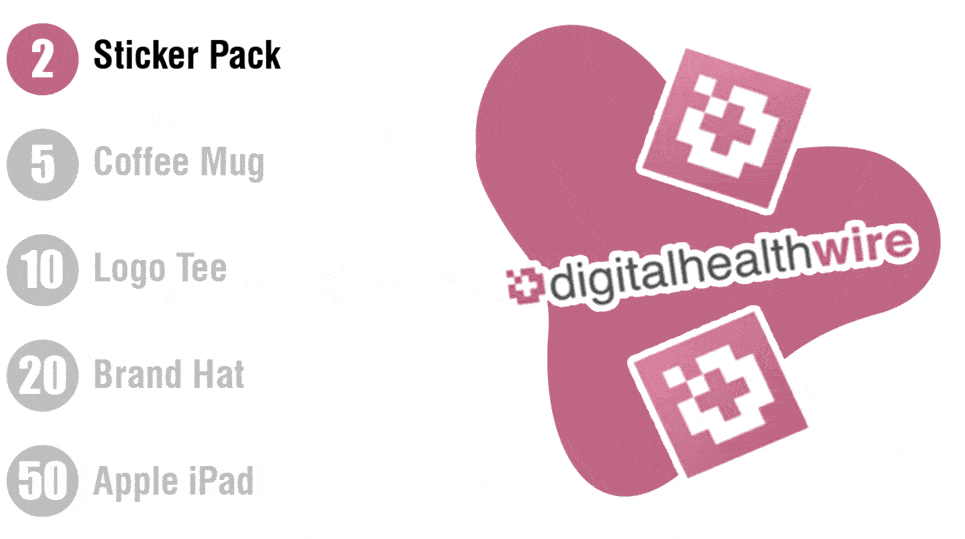|
Misdiagnosis Impact | Google MedPaLM M
July 31, 2023
|
|
|

|
|
Together with
|

|
|
|
“The number of diagnostic errors that happen out there in the U.S. each year is probably somewhere on the order of magnitude of 50 to 100 million. If you actually look, you see it’s happening all the time.”
|
|
Johns Hopkins Center for Diagnostic Excellence Director David Newman-Toker
|
|

|
|
A new study in The BMJ attracted a lot of attention last week after finding that the full impact of misdiagnoses in the U.S. is likely being seriously underestimated by the medical community.
The researchers estimate that 371k people die every year following a misdiagnosis, and 424k are permanently disabled – meaning nearly 800k people suffer “serious harm” annually.
The lead author of the paper, Johns Hopkins Center for Diagnostic Excellence Director David Newman-Toker, said that “the number of diagnostic errors that happen out there in the U.S. each year is probably somewhere on the order of magnitude of 50 to 100 million.”
- While these misdiagnoses don’t usually result in serious harm (most people aren’t seeing a doctor for a life-threatening condition), the study found that just 15 diseases account for about half of all misdiagnoses.
Five diseases on their own – stroke, sepsis, pneumonia, venous thromboembolism, and lung cancer – caused almost 40% of the total “serious harm” incidents due to misdiagnosis.
- That equates to 150k prevented deaths or disabilities every year if misdiagnoses could be cut in half for just those conditions.
The authors’ solution? Take a cue from the heart attack model. Although heart attacks frequently involve vague symptoms like general chest pain, they have less than a 2% chance of being misdiagnosed (vs. 18% for stroke).
- The study attributes that success to a decade of concentrated efforts, which started with recognizing that misdiagnosis was a problem and culminated with heavy research investments, new guidelines, and tighter requirements around performance monitoring.
- “You end up ultimately with a system of care that focuses on not missing heart attacks. It’s the model for what we could be doing.”
The Takeaway
Although 800k annual incidents is an alarming total, the study concludes on the optimistic note that there’s still less than a 0.1% chance of serious harm related to misdiagnosis after a healthcare visit. That said, there’s clearly more to be done around improving the diagnosis of diseases that have severe consequences when missed, and this research does a good job highlighting the areas that should be a priority.
|




|
|
Selecting Your Drug Database and CDS Solution
Do your providers need easy access to real-time drug knowledge and clinical decision support? Explore Synapse Medicine’s complete guide to drug database advantages, use cases, challenges, and factors to consider when selecting the right solution for your organization.
|
|
Better Diabetes Management With Glooko
Glooko’s diabetes management platform transforms the way patients connect with their providers, driving better engagement, adherence, and ultimately outcomes. Take a look at Glooko’s latest clinical studies to see how their platform is driving sustained improvements for people with diabetes.
|
|
Patient Engagement for a VP of Patient Experience
Nuance’s patient engagement guide for hospital execs gives a patient’s-eye view of the engagement experience and explores what the growing demand for convenient interactions means for the VP of Patient Experience.
|
|
- Google Unveils MedPaLM M: Google took the lid off its latest Med-PaLM M multimodal generative model, representing what could be a major milestone in the development of generalist biomedical AI systems. Unlike its large language model predecessors, Med-PaLM M can interpret biomedical data across text, imaging, and genomics, allowing it to perform a wide range of tasks across multiple modalities (e.g. generate radiology reports). Exciting preliminary evidence also suggests that Med-PaLM M can generalize to novel use cases, such as accurately identifying TB in chest X-rays despite having never encountered the disease.
- Stronger Standards for Mental Healthcare: The White House proposed a new rule to bolster the 2008 Mental Health Parity and Addiction Equity Act, which requires payors to cover mental healthcare at the same level as physical care. The updated rules clarify that health plans can’t have more restrictive prior authorization standards or narrower networks for mental healthcare, and would close a loophole in the current law that excludes non-federal government health plans from parity standards.
- Physicians Lack Trust in Leadership: A physician survey from strategic communications firm Jarrard found that only 36% of physicians at not-for-profit health systems agree that their leaders are honest and transparent (vs. half of physicians at investor-owned systems). Only half of physicians trust leadership decision-making when it comes to operations and patient care, and instead place the highest levels of trust in their peer physicians. When asked what would improve trust, “transparency” was unsurprisingly the most common response.
- Hyro + Gozio: Hyro is bringing its conversational AI capabilities to Gozio’s suite of mobile applications, giving health systems access to an integrated assistant for patient-facing tasks like prescription refills, FAQ resolution, and appointment management. The partnership follows two months behind Hyro’s close of $20M in Series B funding to push deeper into the healthcare sector, and the new Gozio features will initially debut across the two companies’ mutual customer base, starting with Novant Health and Baptist Health.
- Headspace Secures $105M: Headspace Health secured $105M in debt financing to support the expansion of its mental health platform with employers and health plans. CEO Russell Glass told Fierce Healthcare that the move was ultimately about reducing risk and locking in enough flexibility to pursue opportunistic M&A. Headspace recently acquired both Shine (BIPOC-focused mental health app) and Sayana (AI-driven wellness app developer), and it’s now eyeing acquisitions that can “bring additional parts of our population into the fold.”
- Behavioral Support Cuts Readmissions: A recent study in The Journal of Healthcare Management found that post-acute behavioral support can have a major impact on reducing readmissions. The intervention group of 193 cardiovascular patients received post-discharge support via the Laguna Health app (emotional coaching, personalized recovery plans, mindfulness training), resulting in significantly lower total readmission costs ($1.1M vs. $2M for the usual care group) and average cost per readmitted patient ($44k vs. $91k).
- Room-Temp Superconducting: The science world was jolted last week when researchers from the US and South Korea claimed to have discovered a material with superconducting properties at room temperature. In a preprint paper, researchers described LK-99, a modified-lead apatite crystal structure that they synthesized into a solid material. Room-temp superconducting would be a landmark breakthrough with the potential to dramatically lower the energy costs of many technologies, but scientists are so far skeptical of the non-peer-reviewed findings.
- DocGo Expands In-Home Care: DocGo is expanding its partnership with HealthCare Partners NY (the largest physician-owned IPA in the northeast) to facilitate more screenings and enable earlier disease detection for thousands of HCP NY patients. Following a successful pilot last year, DocGo will now provide in-home services such as annual wellness visits, diabetic retinal eye exams, bone density tests, A1C screenings, blood pressure control support, and colorectal cancer screenings.
- Rural Hospitals at Risk of Closure: More than 600 rural hospitals – over 30% of all rural hospitals in the U.S. – are at risk of closing due to financial instability. That’s according to a new report from the Center for Healthcare Quality and Payment Reform, which warned that the closure risk is immediate for over half of those hospitals. The report pinned the deteriorating situation on the fact that health plans aren’t adequately reimbursing rural hospitals given their smaller patient volumes and higher costs for attracting staff.
- RapidAI Series C: RapidAI raised $75M in Series C funding to fuel the global expansion of its AI clinical decision support tools for neurovascular, cardiac, and vascular diseases. The startup’s Rapid NCCT Stroke solution is the only FDA-cleared medical device to detect intracranial hemorrhage and large vessel occlusion from non-contrast CT imaging. Other modules include cerebral aneurysm management and pulmonary embolism detection, with more disease states currently under development.
- CoxHealth Partners With Philips: CoxHealth is rolling out an enterprise-wide virtual care solution that marries Philips’ eCareManager telehealth software and Capsule Surveillance platform to help identify high-risk patients and allocate resources appropriately. The solution allows CoxHealth staff to view patient data and receive contextualized notifications wherever they are, with audio-video links to ICU and medical-surgical rooms that enable care teams to interact with patients and their bedside equipment if needed.
|
|
4 Tips for Licensing Your Telehealth Providers
Telemedicine is the next frontier of care delivery, yet many providers continue to be hampered by the complex process of medical licensing. If you’re one of them, check out Medallion’s four tips for licensing your telehealth providers.
|
|
Clear Arch Health Reduces Readmissions at Altru
When Altru Health System set out to reduce hospital readmissions, it turned to Clear Arch Health to find the solution. Learn how Clear Arch Health’s complete RPM platform and clinical monitoring system helped Altru lower readmissions while improving post-acute care quality.
|
|
A Flexible Prescription for Nurses
connectRN was founded to give nurses “radical flexibility,” with schedules that are crafted around their lifestyles, priorities, and personal needs. Check out connectRN’s feature in Fast Company to see how the future of healthcare is being built together with nurses.
|
|
|
Share Digital Health Wire
|
|
Spread the news & help us grow ⚡
|
|
Refer colleagues with your unique link and earn rewards.
|

|
|
|
|
Or copy and share your custom referral link: *|SHAREURL|*
|
|
You currently have *|REFERRALS|* referrals.
|
|
|
|
|